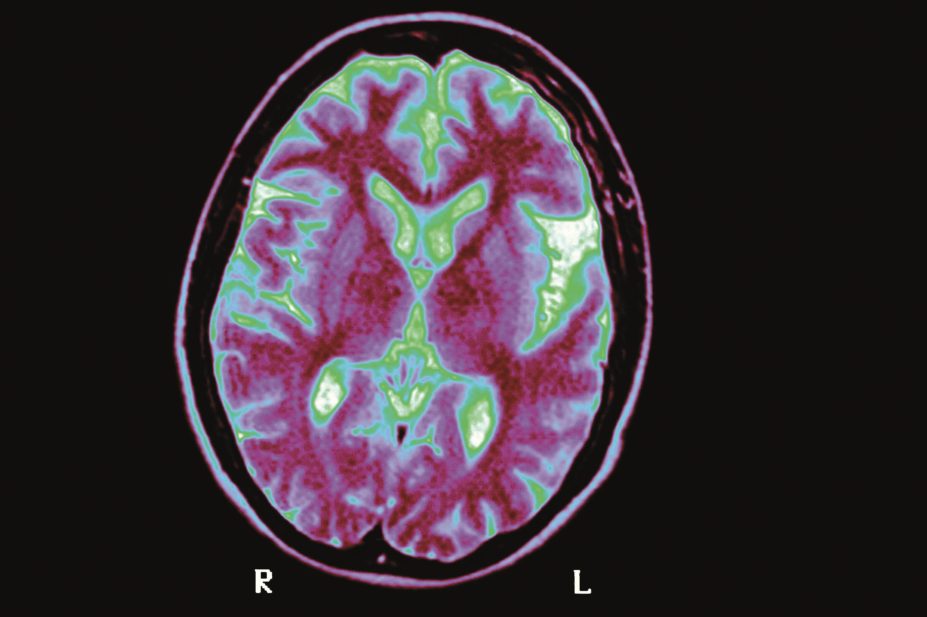
BSIP SA / Alamy Stock Photo
Patients with atrial fibrillation (AF) being treated with warfarin have higher rates of dementia compared with those taking the drug for other conditions, research shows.
The study[1]
, which was presented at the Heart Rhythm Society Annual Scientific Sessions in San Francisco, California, on 5 May 2016, involved 10,537 patients with no history of dementia who were being anticoagulated with warfarin. Overall, 4,460 patients were being treated for AF, while the remaining patients had no history of AF and were taking warfarin for either thromboembolism (209 patients) or mechanical heart valves (5,868).
During follow-up of approximately seven years, the researchers, led by Jared Bunch from the Intermountain Medical Center Heart Institute in Utah, found that rates of all types of dementia were significantly increased in the AF group compared with the non-AF group; the total rate of dementia was 5.8% versus 1.6%, respectively.
“This [study] highlights the important role of atrial fibrillation and dementia risk and that management strategies of the rhythm itself may also be used to lower dementia rates,” says Bunch.
The researchers then matched 6,030 patients based on baseline characteristics. In this comparison, they found the overall risk of dementia increased 2.4-fold among AF patients. The risk of Alzheimer’s disease was increased by 2-fold and the rate of vascular dementia 2.5-fold.
Among all patients, the study also found an almost four-fold increase in long-term dementia risk for those who spent most of their time out of therapeutic range compared with those who spent most of their time within range.
The same research team previously found a link between warfarin management and dementia risk in patients with AF, but they say the most recent study is the first to show the association in warfarin-treated patients regardless of indication.
“In patients who have very stable and predictable levels of warfarin these data are reassuring as dementia rates are very low,” says Bunch. “In people who have very erratic [warfarin] levels then alternatives such as a direct oral anticoagulant or a non-pharmacologic approach may be preferable for their long-term management.”
Bunch adds that because the risks associated with anticoagulants are still not fully understood, only patients that absolutely need them should be placed on them long term.
James Pickett, head of research at Alzheimer’s Society, says that, given that AF is more common as people get older, it’s important that any links with the risk of dementia are fully investigated. “We know that atrial fibrillation can increase the risk of having a stroke by up to five times if left untreated,” he says. “Given that having a stroke is also a risk factor for developing dementia, it isn’t surprising to see that people with this condition are more likely to develop dementia.
“People taking blood thinning medications like warfarin should be carefully monitored to check their dosage is working correctly,” Pickett adds.
References
[1] Bunch TJ, May HT, Bair TL et al. Atrial fibrillation patients treated with long-term warfarin anticoagulatino have higher rates of all dementia types compared to patients receiving warfarin long term for other indications. Presented at: Heart Rhythm Society 37th Annual Scientific Sessions; 4–7 May 2016; San Francisco, California.


